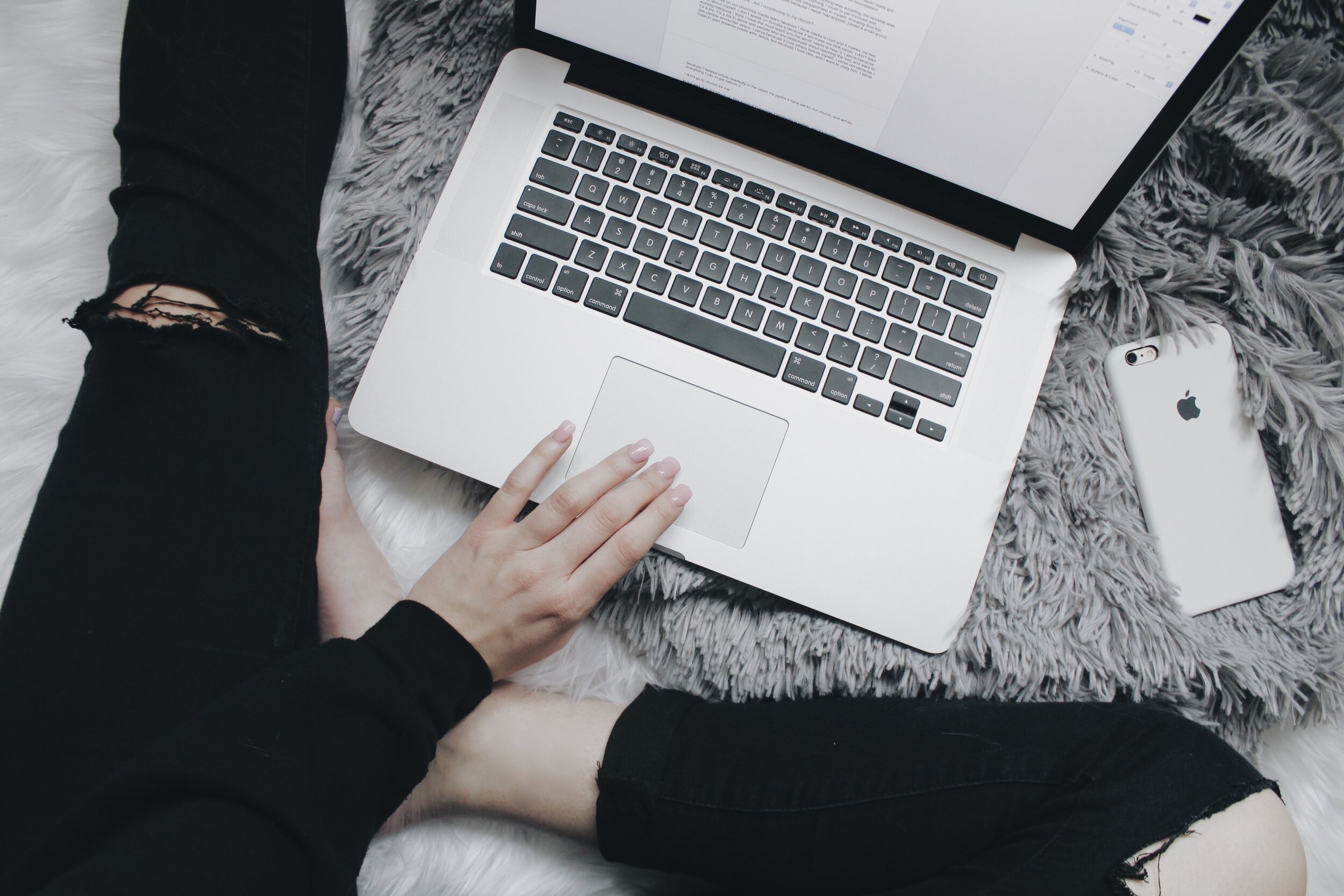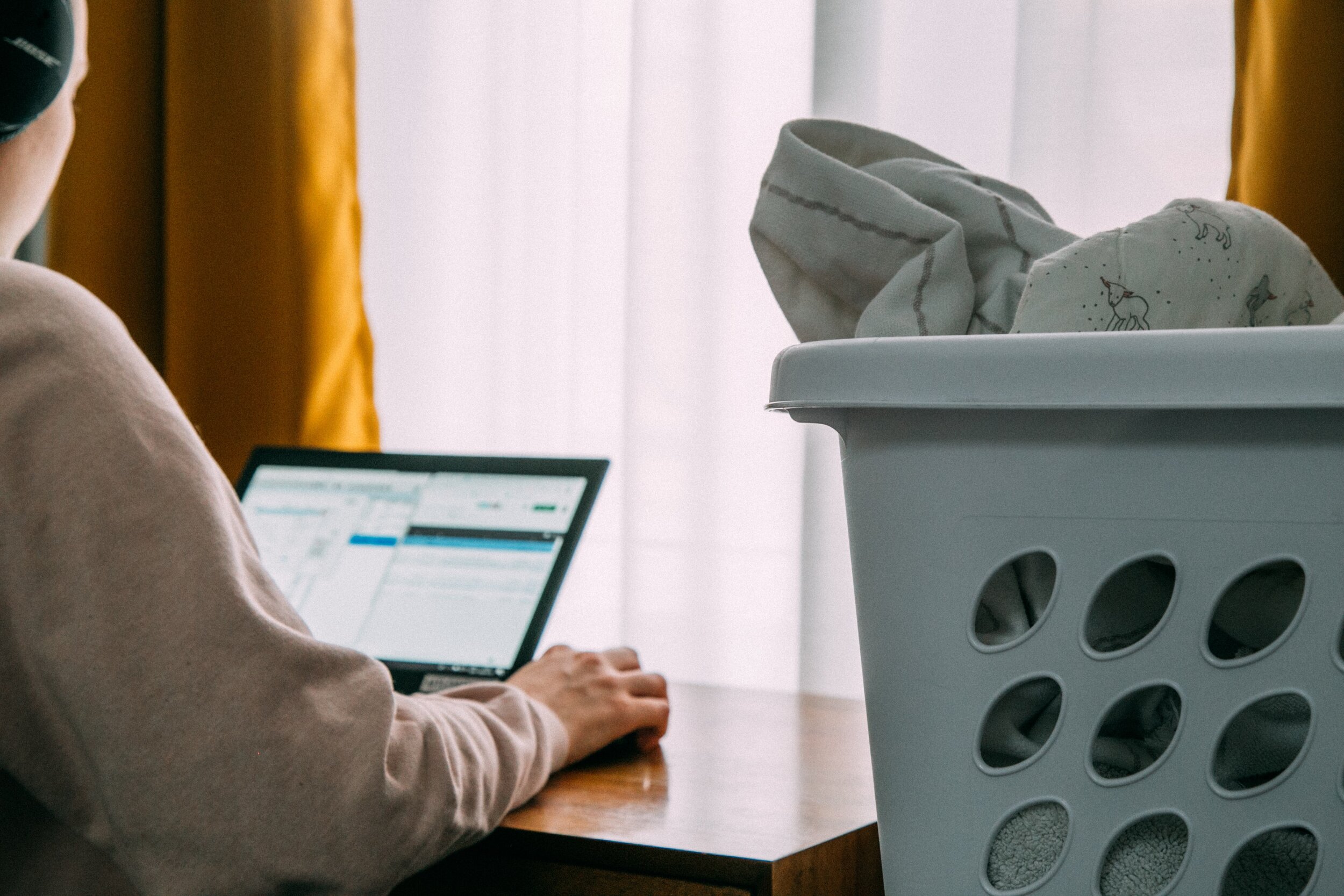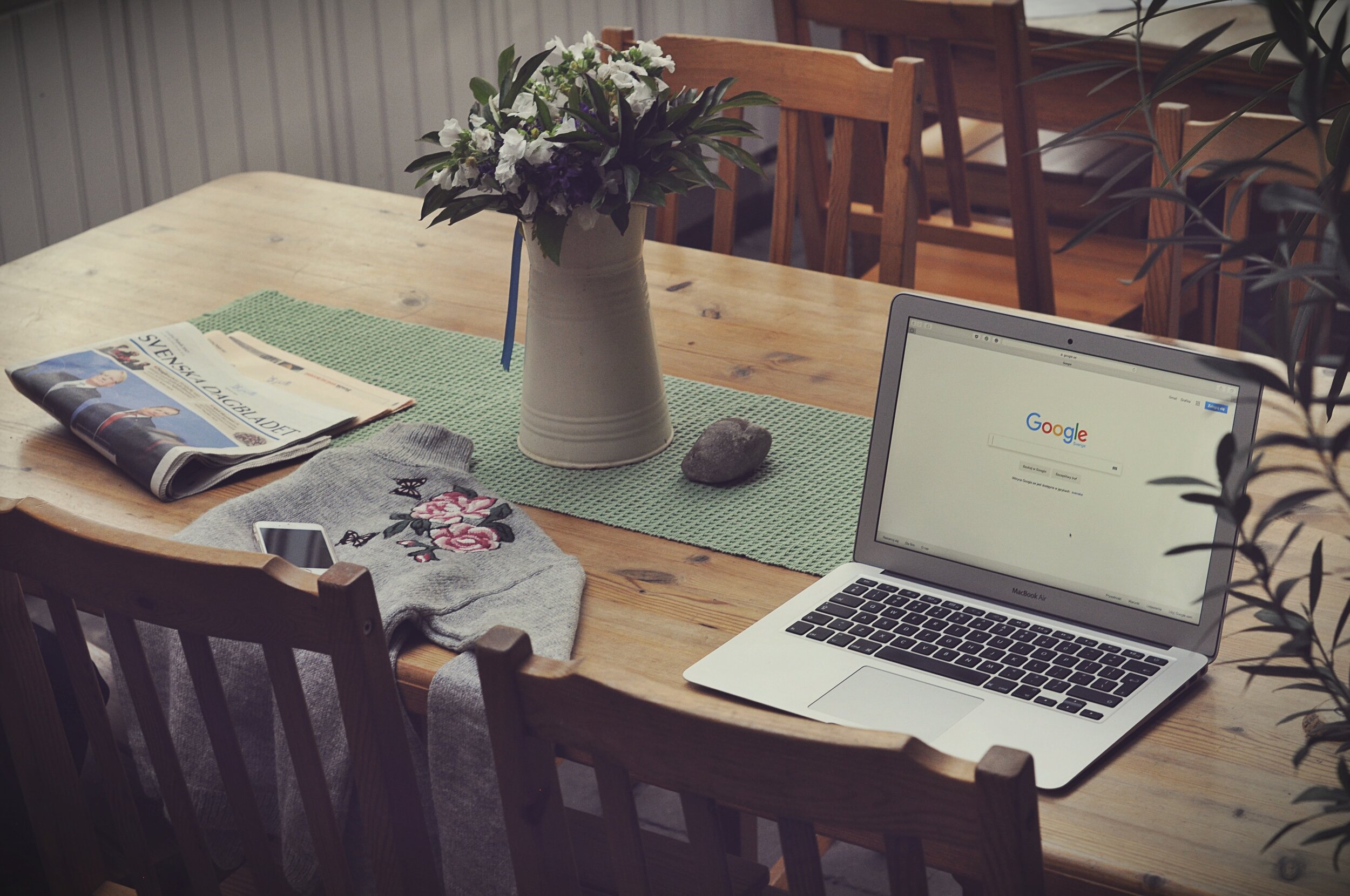With the arrival of the Corona Virus, the majority of us have been forced into new work routines. Spending the odd day out of the workplace is vastly different to what we now face, possibly 12 - 13 weeks somehow creating a “office” in our own homes. Gone are the familiar structures that made the day pass - coffee breaks, meetings and lunchtimes that all formed part of our daily routine.
Instead you may be faced with building a space that has to be shared with other members of the family, lacks confidentiality and has to be packed away every evening but most fundamentally, may feel very solitary. Moving from a purpose designed environment where you had easy access to colleagues to one that you have to create and may leave you feeling very isolated. I have outlined a few points below that might help.
Get Dressed:
It is very easy to stay in your pyjamas (or whatever you wear at night) but showering and getting dressed improves your state of mind; it will psychologically prepare you to start work. Changing into business attire maybe a step too far, but if your job involves numerous video calls, thinking about how you will be perceived is still quite important.
Wearing respectable clothes also increases your motivation to leave the house - to change your environment. Equally when you reach the end of the day, changing out of your “smarter” clothes signals to your brain that the working day is over and that you can begin the rest of your day.
Creating your own Workspace:
One of the biggest decisions (though you may not be able to answer it yet) is will you be working at home for two weeks or four months or possibly forever? I share the view that Covid-19 could cause a permanent shift towards home working. Second, who is paying for the equipment - you or your company. Space allowing, set aside a specific, separate area in your home where you can set yourself up - ideally with a properly adjusted desk and chair, similar to your workplace.
Other things to think about about are the ergonomics - you will not have the luxury of a big office / building to wander around to get your morning coffee / have a chat. This could leave you in a cramped space, not designed for hours of work and no interaction. See here for the more technical aspects of “building a home office”
Establish Boundaries:
If employed by an organisation then good practice determines that you are online when your colleagues are, finishing when you would normally. It's always good to switch off your computer and tidy away papers therefore avoiding the temptation to continue your work into the evening.
It's also important to not "overcompensate" because you're anxious about working from home, Many people tend to over communicate when working from home - either wanting to 'be seen', or overcompensating to ensure people know what they are up to. Research has continually shown that remote working is more productive when compared to the traditional office environment.If you have not worked from home, It will take a few weeks to get used to the new way (for everybody) - remote working is a skill and has to be learned.
Just as you would at the office (or whatever your place of employment), take regular screen breaks . Get up and move around. Research has also found that short breaks throughout the day are more beneficial than less frequent, longer breaks.
Get Out and About / Stay in Touch:
Working from home shouldn't mean you stay indoors all day. Make efforts to build a regular time when you leave the house at least once during the day. A different perspective will also help undo mental blocks and give you a different way of thinking with tasks you're struggling with.
When working from home, it may be that you are alone or at least “locked in a room” away from other family members. When you're at work, you were more likely to engage with colleagues but whilst working from home, you could spend the whole day without speaking to anyone which can be isolating. It is really important to make some time to pick up the phone or engage in video conferencing to have a real conversations, rather than relying on email and instant messaging.
Finally it is important to remember that working from home has to work for you and whoever you are sharing the space with. It is likely that they will be trying to achieve the same goals or could be children still managing some form of education. These are difficult times for all of us and we all need to adapt to make things work.
If you are struggling and need some advice, I offer a free hour’s consultation - just contact me to discuss further.



